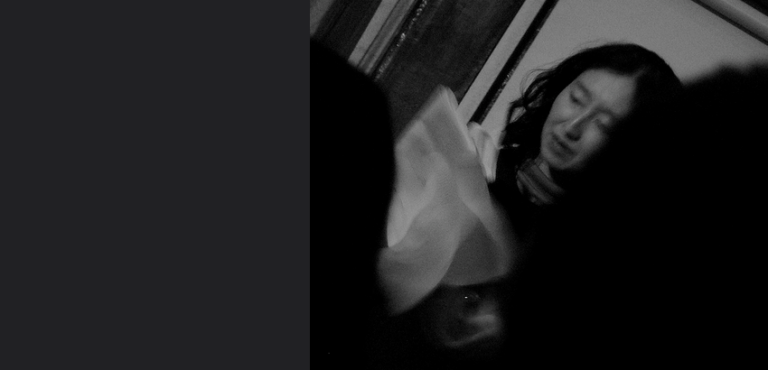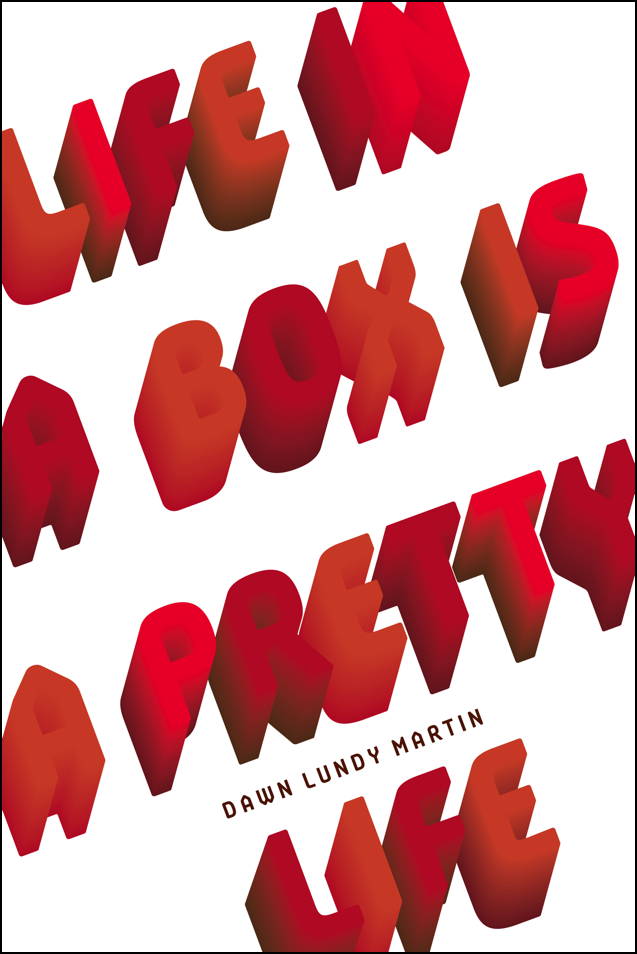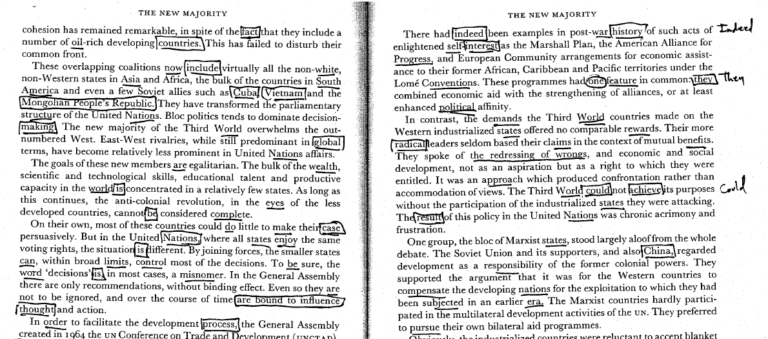How We Represent: A Review of FOUR FROM JAPAN: CONTEMPORARY POETRY & ESSAYS BY WOMEN
Four From Japan: Contemporary Poetry & Essays by Women is an anthology rooted in a specific time and place. No, that place is not Japan, nor is it the respective eras from which the four poets emerged. The time and place of which I’m thinking is New York City, 2006, the setting in which Poets…








